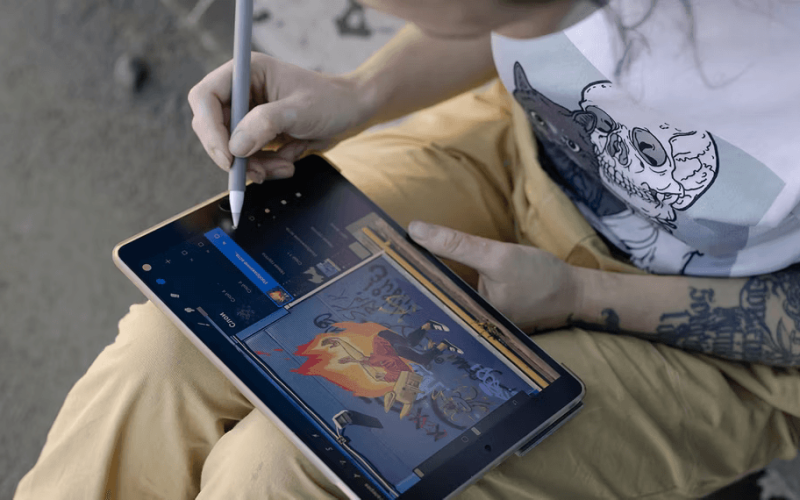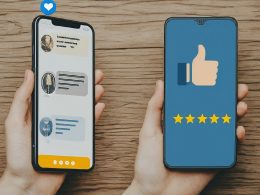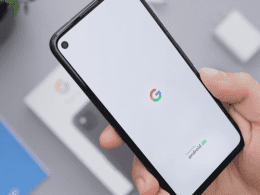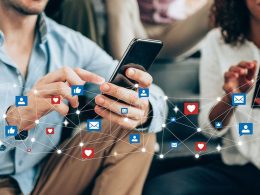AI Art: A Blessing or Curse for Creativity?
Artificial intelligence has stirred up a whirlwind of debate within the artistic realm in recent years. Is AI Art a boon for creativity, or does it mark the downfall of true artistry? In this exploration, we delve into the profound impact of AI on creativity, dissecting both its positive and negative implications.
The Positives of AI Art on Creativity
1. AI’s Art Can Be Used as Prototypes for Human-Developed Projects
AI has already proven its worth in aiding human creativity. Whether you’re brainstorming blog topics or envisioning fashion photoshoots, AI-generated art can serve as a creative springboard, helping artists conceptualize their ideas more effectively.
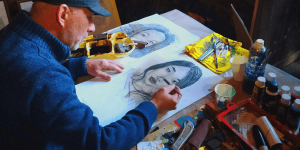
2. Encourages Outside-the-Box Thinking
Creativity flourishes when artists break free from creative ruts. AI not only prototypes but also sparks inspiration for future projects. Secret boards on platforms like Pinterest can store these innovative ideas, ready to reignite creativity whenever needed.
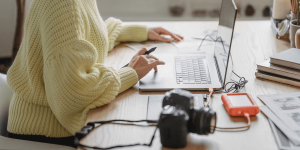
3. Human Art Could Be Considered More Valuable
Contrary to concerns that AI devalues human art, it may actually accentuate its worth. Those deeply immersed in the art world can discern AI-generated pieces, leading to a heightened appreciation for the time and dedication it takes for humans to master their craft.
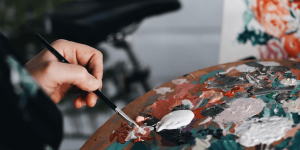
4. AI Still Needs Human Input to Learn
Despite AI’s advances, it remains reliant on human input. AI’s art, as of now, has limitations in replicating genuine human creativity. The human touch in artistry remains irreplaceable.
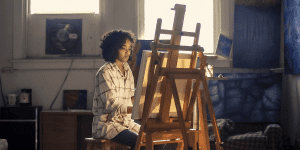
5. It Reduces the Learning Curve for New Artists
Technology, including AI’s art, has paved a smoother path for budding artists. AI-generated prototypes help newcomers grasp the basics of their craft swiftly, fostering a new generation of talented creatives.
The Negatives of AI Art on Creativity
1. The Risk of Everything Becoming the Same
A significant concern is the potential homogenization of art. AI’s ease of replication might lead to an artistic landscape where originality dwindles. However, this may also spur a yearning for authenticity among audiences.
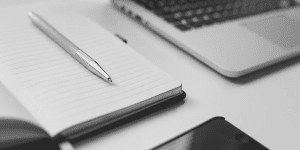
2. Some Might Devalue the Skill of Human Art
AI’s rapid art generation can inadvertently downplay the value of years of human dedication to mastering creative skills. Aspiring artists may face discouragement or complacency, hindering the unveiling of their true potential.
3. The Issue of Scraping Existing Art
Ethical dilemmas arise when AI scrapes existing art without due credit. This practice questions the importance of crediting artists and undermines the hard work invested in creating art. Protecting one’s work from AI’s art generators becomes essential.
4. Copyright Issues
Copyright infringement becomes a contentious topic as AI-generated art blurs the lines of ownership. Artists have every right to protect their creations, even in the digital age. Acknowledging these copyright challenges is paramount.
AI’s Art: A Blessing or Curse for Creativity?
AI undoubtedly wields the power to reshape the creative landscape. It may not render artists obsolete but could enhance the appreciation for their craft. Honest discussions about ethical concerns, including scraping and copyright, must accompany this transformative wave. As AI’s art evolves, let us ensure that art retains its soul and continues to inspire generations of creators.
KEY TAKEAWAYS
- AI art can be used as prototypes for human-developed projects, inspiring photographers and illustrators to create their own unique work more effectively.
- AI encourages outside-the-box thinking, offering inspiration and new ideas for artists to take their creations to the next level.
- AI-generated art actually puts more value on human art, as art experts can easily identify AI-generated images and appreciate the time and skill it takes for humans to master their craft.
- AI has limitations and still requires human input to learn, preserving the importance of human creativity.
- While AI reduces the learning curve for new artists, it also raises concerns about art homogenization, skill devaluation, scraping existing art, and copyright issues. Honest conversations are essential to navigate these challenges.






